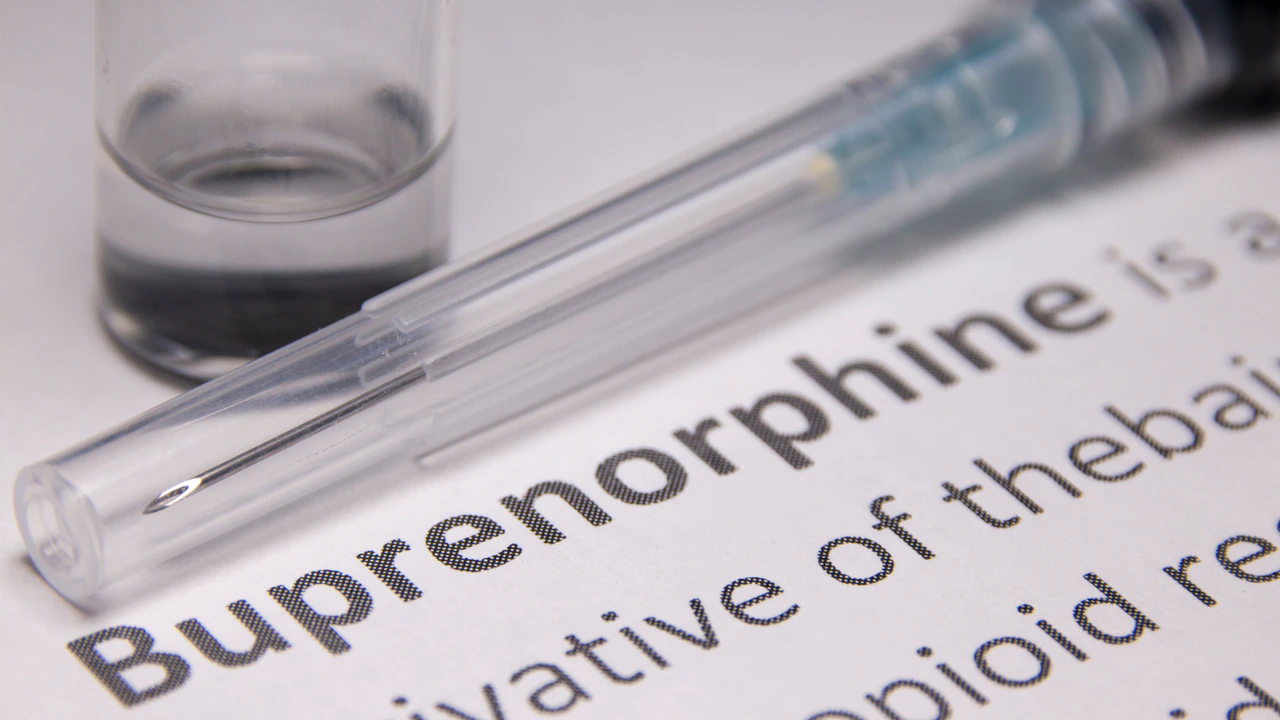Janit Buccella of New Jersey Organizing Project says as a mother whose child struggles with addiction she has learned that we must meet people where they are and ensure they have access to life-saving tools and services — including medication-assisted treatment.
By Janit Buccella
No matter where we were born or what we look like, everyone deserves to be able to heal and be treated with dignity and respect, no matter what they’re going through — and that includes struggles with substance use disorder. The main way we can reduce overdose deaths is to provide access to treatment and support for people at risk of overdose.
Medication-assisted treatment (MAT) meets people where they are and supports people in their path to recovery. MAT improves retention in treatment, reduces the use of other opioids, improves social outcomes, and lowers the risk of relapse and overdose by 50%. So why is it that only 20% of people who could benefit from access to MAT get it?
It’s because our congressional leadership in Washington D.C. continues to sit on a bill that could save lives and transform our country’s access to treatment support. The Mainstreaming Addiction Treatment Act (MAT Act) is a bipartisan piece of legislation with over 150 co-sponsors that would help remove bureaucratic barriers that make buprenorphine — one of the most effective forms of MAT — more accessible to rural and disenfranchised communities. Buprenorphine is more highly regulated by the Substance Abuse and Mental Health Services Administration (SAMHSA) and the U.S. Drug Enforcement Administration than all the prescription opioids that have helped to fuel the overdose crisis for the past 20 years.
So why is congressional leadership sitting on this bill? You’d have to ask them. They act as though because we’re living in a time of constant crises that it’s acceptable to ignore the loss of almost 100,000 people to preventable overdose deaths in 2020. But I’ll tell you who is not forgetting these deaths — their families and loved ones.
In 2005, my son had knee surgery and was prescribed OxyContin. OxyContin was the recommended drug for pain at that time. He soon became addicted and his life — and our family — was forever changed. By the time I realized that my smart, funny, loving and athletic son was addicted to OxyContin, his situation had deteriorated.
To try and find help, my son saw several physicians, but none could offer him the help that he needed. He attended several detox facilities, only to leave and use again. He ultimately flipped his car, grew addicted to heroin and Xanax, and returned to a detox-based rehabilitation facility.
What I’ve learned from my experience as a mother whose child struggles with addiction is that we must meet people where they are and ensure they have access to life-saving tools and services — like MAT. Faced with little choice and many barriers, people like my son are forced to attempt to detox in other ways. Luckily, my son is still with us, but there isn’t a day that goes by where I can stop worrying about his well-being because of the significant barriers in the way to his recovery.
In mid-September, I made the trip to Washington DC to meet with Congressman Frank Pallone, who is also the chair of the Energy and Commerce Committee. In the spirit of meeting people where they are, I went to meet the key legislator who can move this bill forward where he is.
The meeting started with the usual platitudes about all the competing priorities for the Congressman’s attention but moved to a place of action when the group of us from the New Jersey Organizing Project and People’s Action Overdose Crisis Cohort ramped up the tension. Saving lives from preventable overdose is my No. 1 priority because those we lost do not have the opportunity to recover. Our legislators need to recognize this truth and make saving lives a higher priority.
I’m still buzzing from all the adrenaline of building solidarity with groups from across the country working on this issue and all of our commitment to win on this issue — a win meaning more of our family and community members stay alive. In order to save lives from preventable overdose, and expand access to treatments that actually work, we need to remove several unnecessary obstacles to MAT and that starts at the federal level with passing the MAT Act.
Janit Buccella lives in Waretown and is a member of New Jersey Organizing Project.

